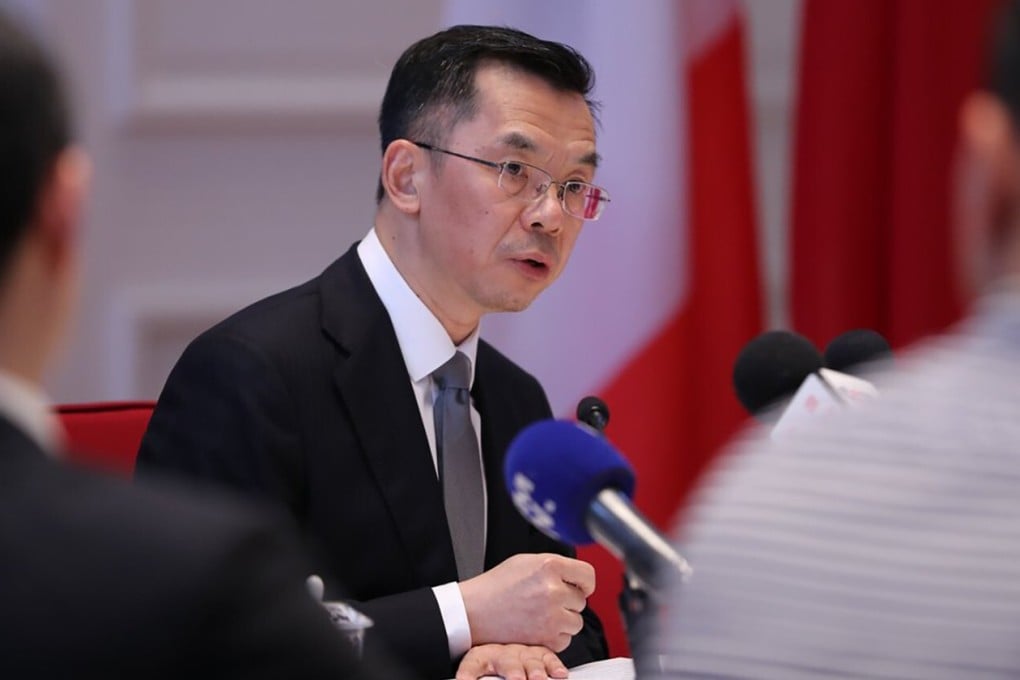China’s embassy in Paris attacks ‘mad dogs’ and defends Wolf Warriors in public row with French scholar
- Diplomatic triangle of Beijing, Paris and Taipei gives rise to Twitter barbs and screed over ‘anti-China provocations’
- Research fellow Antoine Bondaz urges Beijing to ‘stop before it has gone too far’

The harshly worded statement, published on the embassy’s website on Sunday, sought to justify the mission’s attack on Antoine Bondaz, a research fellow at the French think tank Foundation for Strategic Research, as a “petite frappe”, a derogatory term in French meaning “little thug”.
“A few days ago, China’s embassy on its official Twitter account engaged in a legitimate counter-attack to provocative remarks from a so-called China expert in France, sparking the dissatisfaction of some French people and media, and causing a wave of criticism,” the embassy said in its statement, without naming Bondaz.
“Freedom of speech is equal. He has the freedom to provoke the Chinese embassy and we have the freedom to counter-attack. You cannot say that just because he is a scholar, he is sacred so we cannot say anything about him and he cannot be touched.”
The controversy is the latest instance of incendiary rhetoric from the Chinese embassy in France, which observers have said reflects the increasingly aggressive Wolf Warrior style of Beijing’s diplomats abroad.